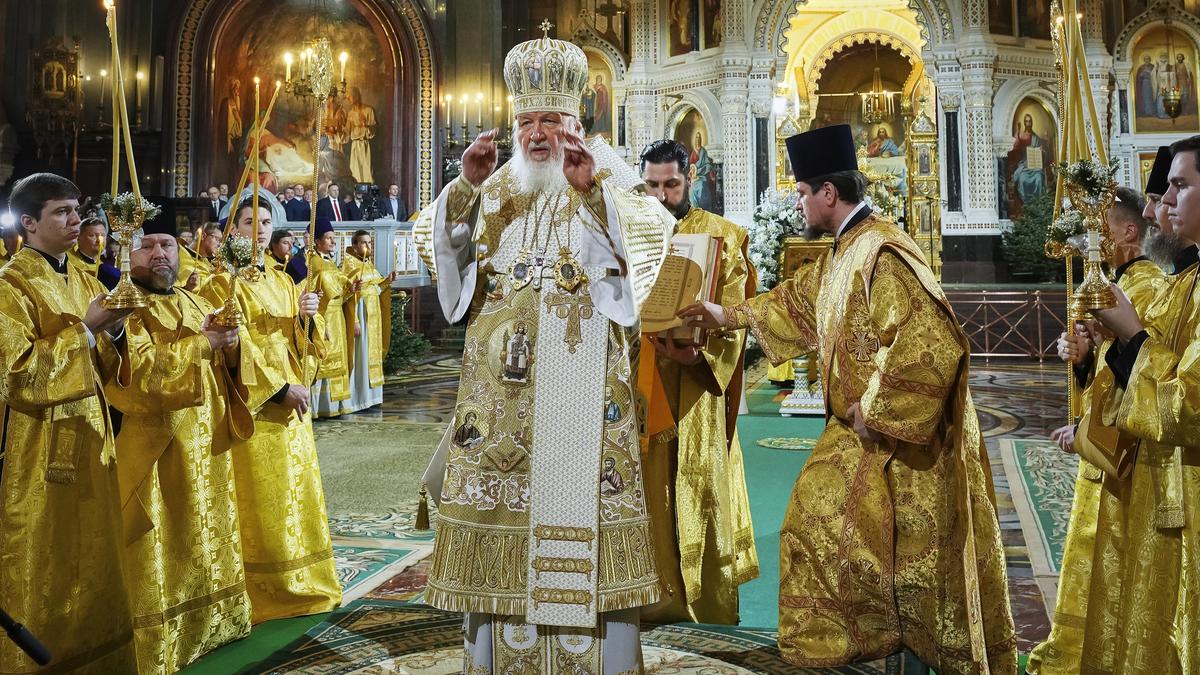
Why are Russians celebrating Christmas on January 7? | Explained
The Hindu
Explainer on why Russians are celebrating Christmas on January 7
As everyone is busy chasing resolutions for the new year, Christians in Russia are getting into the Christmas spirit — they are waiting to break their 40-day fast with a giant feast joined by friends and family.
However, they are not alone.
About 12% of Christians across the globe are getting ready to celebrate Christmas on January 7.
For a long time, the Christian world followed the calendar adopted by Roman Emperor Julius Caesar in 46 BC. According to the calendar, one year was the time it took the Sun to go around the Earth. However, the calendar overestimated the solar year by 11 minutes. Over the years, the Julian Calendar and the solar year got increasingly out of sync.
With advances in astronomy, Pope Gregory created the Gregorian Calendar in 1582 to rectify some mistakes of the Julian Calendar. The majority of the Christian world adopted the Gregorian Calendar with Great Britain adopting it in 1752. Slowly, the secular world embraced Pope Gregory’s calendar as well.
Some Christians — known as Orthodox Christians — did not like the change and stuck with the Julian Calendar. By 1923, there was a 13-day difference between the two calendars, putting the Orthodox Christmas 13 days after December 25. Therefore, in some Eastern Orthodox churches, including the largest one in Russia, people celebrate Christmas on January 7.
Followers of the Orthodox Church fast for 40 days before Christmas and stay away from meat. After the Christmas Eve mass on January 6, they throw a giant feast to celebrate the last day of their fast. At the feast, 12 traditional dishes are served, meant to represent Christ’s apostles. Some of the dishes include cabbage soup, baked apples, vegetable stew, and bread. Some groups indulge in caroling, decorating houses with wheat sheaves and the Serbian churches burn an oak branch or a young oak tree which is accompanied by the proclamation of the birth of Christ.

Climate scientists and advocates long held an optimistic belief that once impacts became undeniable, people and governments would act. This overestimated our collective response capacity while underestimating our psychological tendency to normalise, says Rachit Dubey, assistant professor at the department of communication, University of California.












